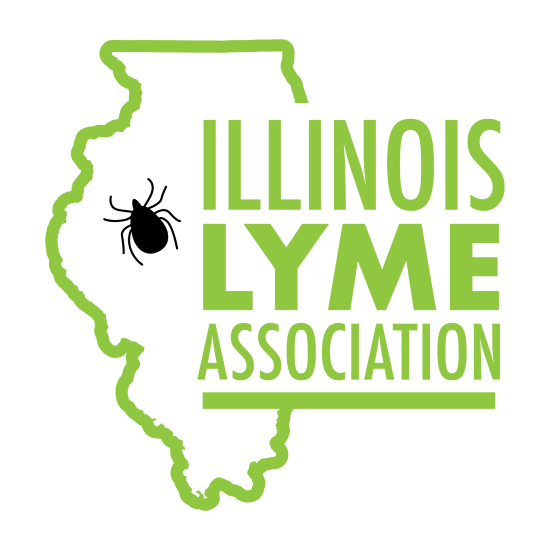Lyme + Mental Health
Many health care providers are unaware of the changes Lyme disease and other tick-borne diseases can have on multiple systems of the body. Though Lyme may be most known for causing arthritis and a range of cardiac and neurological issues, it can also cause significant mental health symptoms.
For example, research in the American Journal of Psychiatry reported that patients who received a hospital diagnosis of Lyme disease, including in-patient, out-patient, and emergency room visits, had a 28% higher rate of mental disorders, and they were twice as likely to have attempted suicide after infection, compared to people without a Lyme diagnosis.
Those with the tick-borne disease also had higher rates of affective disorders (depression, bipolar disorder) at 42% and had a 75% higher rate of death by suicide than individuals without a Lyme diagnosis. Contracting Lyme more than once was also associated with higher rates of mental disorders, affective disorders, and suicide attempts.
Another example, a 2017 retrospective study, examined the connection between tick-borne illness (TBI) and pediatric bipolar disorder (PBD) in 27 youths from a Northeastern psychiatric private practice. Testing was conducted for several tick-borne pathogens, including Borrelia burgdorferi (Lyme disease), babesia, bartonella, Mycoplasma pneumoniae, anaplasma, and ehrlichia. The study findings indicate 89% of patients tested positive for exposure to one or more pathogens.
Of the 27, 16 were found to have babesia, 11 had Mycoplasma pneumoniae, eight were positive for bartonella, and six had Lyme. Researchers suggest there may be a connection between Lyme, other tick-borne diseases, and children’s mental health, especially in treatment-resistant cases.
These two critical studies begin to shed light on the need for clinicians and mental health professionals to be aware of the scope and severity of mental health symptoms that can affect those with tick-borne diseases and to have a deeper understanding of the challenges of obtaining testing and an accurate diagnosis.
Typical Symptoms of Lyme Disease
The initial symptoms of Lyme disease and other tick-borne diseases may be general, flu-like in nature, and similar to other diseases, which may lead to the tick-borne disease being undiagnosed or misdiagnosed. Symptoms include:
Fatigue
Fever
Chills
Headaches
Cognitive impairments
Muscle and joint pain
Neck pain
Facial paralysis (Bell’s palsy)
Flu-like feeling
Bulls-eye rash (erythema migrans or EM rash). Note: the bulls-eye rash commonly associated with Lyme disease occurs in less than half of all Lyme infections.
Mental Health Symptoms of Lyme Disease
Anxiety
Depression
Bipolar disorder and other mood disorders
Dementia
Suicidal thoughts
Rage
Brain fog
Sleep issues
Key Takeaways
The exact number of people who develop mental health issues after a Lyme disease diagnosis is unknown.
New onset mental health issues may arise within the first year after contracting the disease.
Lyme disease and coinfections such as bartonella and babesia could be a factor in treatment-resistant mental health cases.
Get our downloadable factsheet here.
Grant Funds for Mental Health Education
ILA received mental health grants from three Illinois counties, Knox, Mercer, and Henry, as part of The State’s Mental Health 708 Grant program to provide mental health education on Lyme and other tick-borne diseases.
From anxiety to depression and other diagnoses, tick-borne diseases can have a profound impact on a person’s mental health.
The grants will allow us the opportunity to:
Identify resources to support the emotional, mental, and physical well-being of patients
Engage county mental health care providers and assess their awareness of the relationship between tick-borne diseases and mental health
Identify means for testing patients for tick-borne diseases
Develop a plan for coordination among health care providers to establish a holistic approach to addressing the physical and mental wellness of people affected by tick-borne diseases
Evaluate for more opportunities to educate mental health professionals
We’re excited to provide mental health education on tick-borne diseases to our State’s mental health professionals, and we can’t wait for the continued growth of this program!

